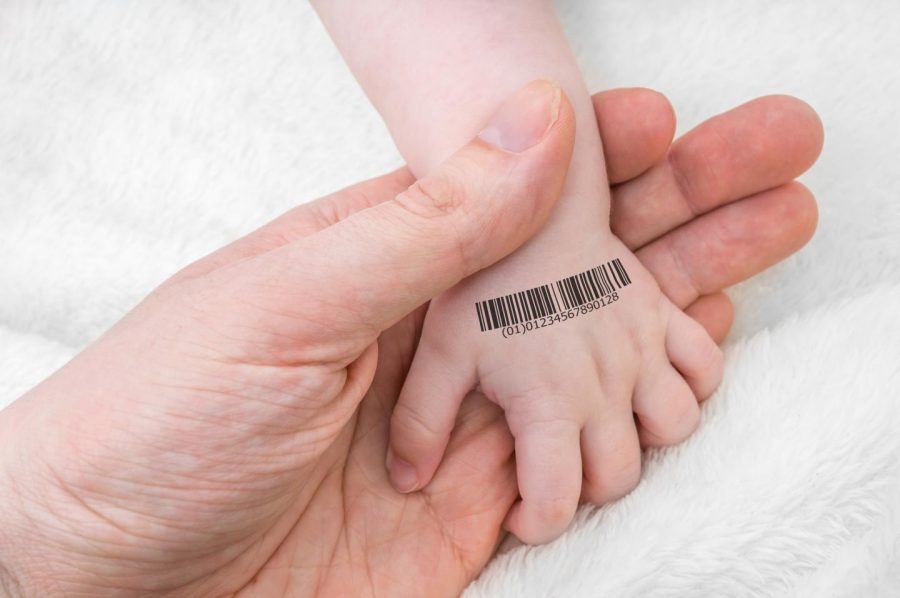The First Gene-Edited Babies
May 7, 2019
In the year of 2018, many new scientific discoveries were made.
From finding an ice-covered lake on Mars, to finding out that mosquitoes are near extinction, many of these discoveries stirred up a lot of controversy and opinions. But none did so like the news of the Chinese scientist who claimed he had created the first gene-edited babies. That scientist is Jiankui He. Jiankui is a biophysics researcher from Xinhua County, China and has an education from the University of Science and Technology of China. Jiankui made these claims on November 25, 2018, when a video of his interview with the Associated Press was posted. The interview rapidly spread throughout not only the science community, but also throughout the whole world. The news certainly left everyone wondering, is this the future of scientifically influenced humans?
When interviewed, Jiankui He claimed announced that twin girls with a gene altered to reduce the risk of contracting HIV “came crying into this world as healthy as any other babies.” While many questions arose, the biggest question was clearly, how did they do it? Basically, He claimed that they used a tool to edit genes, called CRISPR/Cas9 to disable the CCR5 gene in the fertilized eggs that produced the babies.
The CCR5 has an induced protein that allows the most common version of the HIV virus to enter cells; thus, disabling this cell is crucial. The process explained by Jiankui almost instantly received criticism, with some saying that editing a fetus can be possibly detrimental either now or later in life and with others saying they don’t support the idea of having “designer babies.” But still, Jiankui He stands by his studies and actions.
To summarize, 2018 was the birth of one of the most major scientific breakthroughs to date. While many don’t agree with Jiankui He’s study or experiments, he continues to study and find new and more convenient ways of doing things. He’s studies have been talked about all throughout the world.
Whether people agree or disagree with the experiments, people are certainly talking about them. Regardless of the opinions people may have, the question remains; is this the future of scientifically influenced humans or not?


